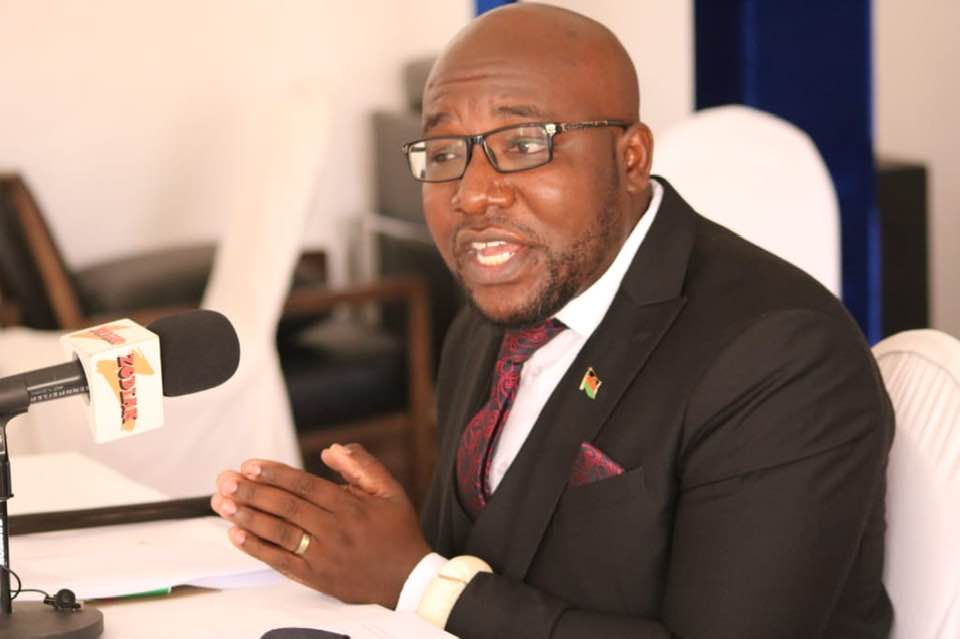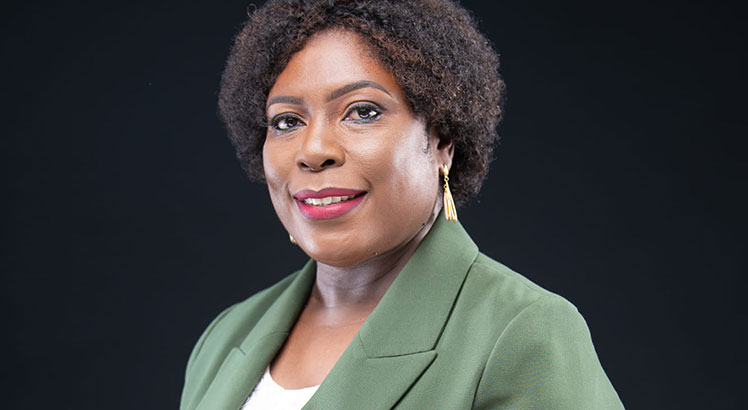HRDC applauds govt on transport infrastructure
Human Rights Defenders Coalition (HRDC) has applauded the Lazarus Chakwera administration for investing in infrastructure, saying capital spending is the foundation for strong and sustainable economic growth.
However, HRDC has urged government to jealously monitor contractors to prevent bloated budgets, unfair labour practices and sub-standard works.
In a written response to a questionnaire, HRDC chairperson Gift Trapence said yesterday that it is impressed with government’s robust and unprecedented strides in revamping transport infrastructure in the country.
He commended President Lazarus Chakwera for revamping the transport sector, especially in the road and railway sector.
Said Trapence: “It’s our duty to review how government is ensuring that Malawians are enjoying their rights to economic activities through provision of facilities, such as transportation, which are critical to income generation.

“In this case, we commend the Chakwera government as it has evidently taken an unprecedented approach of overhauling the transport system in the country.”
He singled out expansion of dual carriageway of the M1 from Crossroads Roundabout to Kanengo; rehabilitation of M1 from Kamuzu International Airport junction to Mzimba turn-off and from Kacheche to Chiweta; the construction of K10 billion port at Likoma Island and the resuscitation of the Sena corridor railway, among others.
Trapence said these projects will go a long way in not just reducing the cost of doing business in the country, but also increase public works as an income-generating activity for most unskilled Malawians.
“We advise government to ensure that there is strict adherence to set deadlines to avoid extra budgets. We also understand of unfair labour practices within these projects and, also, some contractors putting up shoddy works.
“We advise government to monitor the quality of the work to ensure that we have strong infrastructure that meet contractual specifications. We will be on the ground and will not relent in ensuring that rights of Malawians are respected,” he added.
Recently, Transport Minister Jacob Hara said government was facing serious problems with road contractors who are demanding increases in contract sums for their projects due to rising cost of materials that started even before the 25 percent devaluation of the kwacha last year.
He said: “This is a common problem, all the contractors have complained about that, so it’s a big problem because contractors feel like they are making losses and if we cannot revise the prices, then they will quit the work.
“Sometimes it takes too long before we award contracts and prices will keep escalating so that by the time we award contracts, the prices will have changed. So, we have several contracts on the table that we are looking at separately, including one from Unik.”
On his part, National Construction Industry Council spokesperson Lyford Gideon said the council is aware of the challenges and is taking advantage of review of the procurement law to deal with the challenges.”
He said: “In the meantime, NCIC has in the past few weeks launched the Malawi Infrastructure Delivery Management Standards as a guide to best practice in the inception, planning, procurement, implementation, maintenance and disposal of infrastructure.
In February, the World Bank Transport Infrastructure Sector Assessment Programme report said the Malawi Government needs about K1.57 trillion to finance road projects by 2025 to promote connectivity and economic growth.
The report said Malawi’s comprehensive medium-term investment covering the year 2020- 2025 would need roughly K2.30 trillion.
The World Bank report said the country needs K1.3 trillion for main roads, K620.7 billion for secondary roads, K256.7 billion for tertiary roads, K19.5 billion for district roads and K64.5 billion for urban road projects.
It said to maintain the current roads, the country needs $166 million (about K168 billion) per year.





